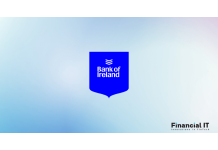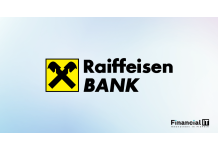Bank of Ireland Customers Continue Adopting...
- 01.12.2025 12:15 pm
Ant International Upgrades Antom Copilot to Advance...
- 01.12.2025 10:45 am
PayDo Introduces Direct Acquiring Feature
- 01.12.2025 10:45 am
Ripple Expands Scope of Payment Activities in...
- 01.12.2025 10:15 am
Juspay and Sabre Announce Strategic Agreement to...
- 01.12.2025 08:15 am
FreemarketFX Extends Partnership with Napier AI to...
- 01.12.2025 07:55 am
RBI Joins the European Payments Initiative as Acceptor...
- 27.11.2025 03:25 pm
Klarna Set to Take Off With Lufthansa Group
- 27.11.2025 12:45 pm
Clip Introduces Clip Pin Pad, Its First Fixed Terminal...
- 27.11.2025 09:35 am
Juspay and Sabre Announce Strategic Agreement to...
- 27.11.2025 09:05 am
Ecommpay Urges E-Comm Businesses to Tap Into the...
- 26.11.2025 02:55 pm
Switzerland’s AMINA Bank and Crypto Finance Group...
- 26.11.2025 11:30 am






















